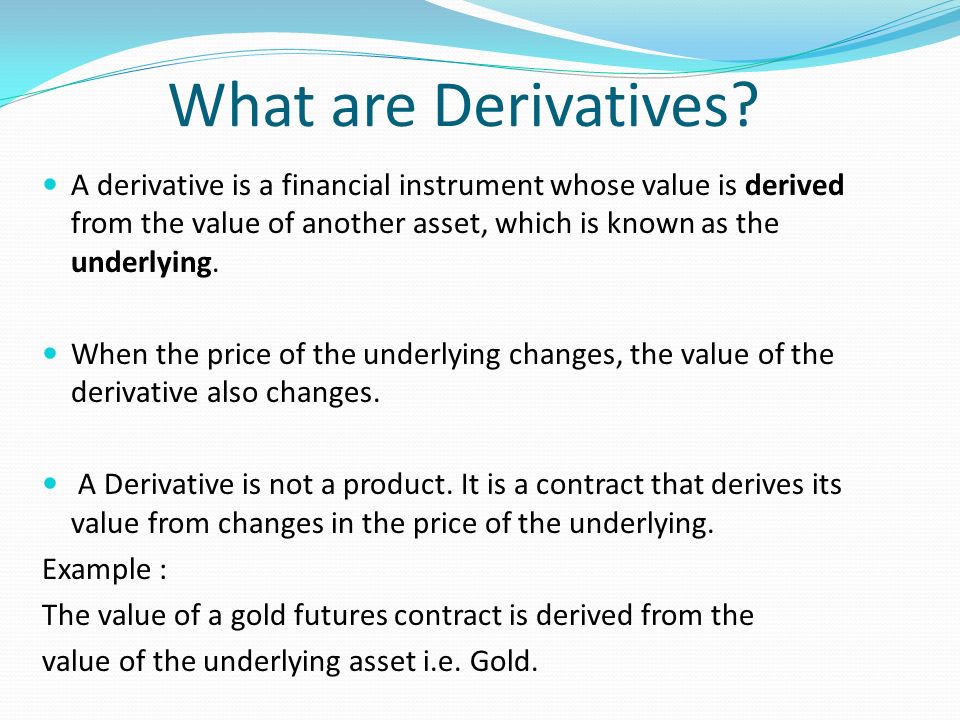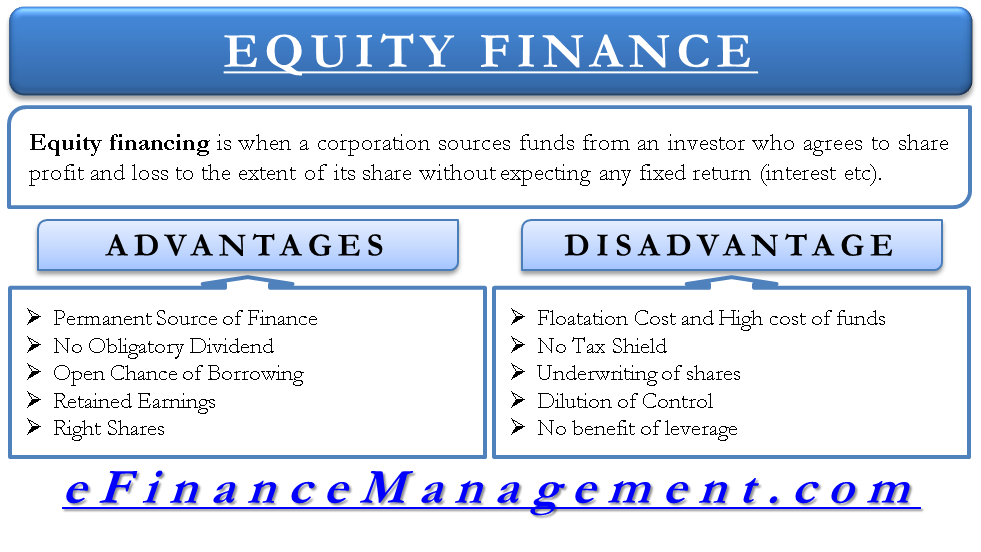And when the OAS under a really bold secretary general, Luis Almagro, tries to bring the organization towards acknowledging that Venezuela is no longer in compliance with the Inter-American Democratic Charter, he is not getting the full support of the hemisphere, and certainly much of the Caribbean Basin has actually not accompanied that. And if you line up the votes, who voted in favor and who stayed away, you can do a quite easy one for one contrast based upon who is a member of Petrocaribe. Therefore the implication of your concern I think is area on, you understand, and that is why I think when we discuss the Caribbean in Washington, usually we think of it in the context of, you understand, island countries or programs or social advancement, and all of these are very, really important concerns.
And the dividends pay off down the road when Venezuela itself remains in the spotlight of the worldwide neighborhood. Then they have buddies that they can count on and it pays dividends for them - How to finance a home addition. So I believe that at the end of the day that is a lesson honestly that we can learn, and I think we can develop toward reversing that course. Ms. Yearwood. I concur 100 percent with Eric. Venezuela stepped in at a time that was very essential for much of the area and now the area is really much paying the price, whether it owes money or other locations connected to votes and other requirements that they do as an outcome of the-- Mr.

Increased expenses in energy too now. Ms. Yearwood. Sorry? Mr. Sires. A boost in the expense of energy likewise. Ms. Yearwood. Oh, absolutely, absolutely. Therefore I believe to the point, we are at an important point now with the expense of energy being what it is with the U.S. energy what happens if you don't pay timeshare maintenance fees supply increasing and the region taking a look at ways to increase sustainable energy, whether it is through gas or getting the region less based on Petrocaribe and able to make these switches to brand-new types of energy is going to make a huge difference. Mr. Sires. See, I do not believe things occur by mishap.
The other issue that I have is the considerable boost of China in this area. You understand, we appear to be put to a lull of sleep or something because everybody seems to move in and then we respond. And we don't seem to catch these things until something like this occurs, you understand, like Venezuela. So unfortunately, you know, considering that I have actually been here we have been pressing-- and I know Mr. Meeks and the other members that are here, you know, this is an essential region for us. It is an essential region for America and we really ought to concentrate.
They are going to go through the Panama Canal and they can be found in and they throw money, you know, at these small nations, which in truth they can't afford not to accept the cash. So just how much of impact exists now of the Chinese? And I understand it is growing, however-- Ms. Yearwood. The Chinese impact, it is in fact really intriguing to see the way China has sort of entered the region and the types of jobs. Often it is a sports arena - Which of these is the best description of personal finance. I think the current, the Baha Mar fiasco in the Bahamas, you have seen the Chinese Federal government come in in a way that the U.S.

If a Chinese developer comes into a country in the area they have the Chinese funding and the Chinese Government behind them. Mr. Sires. And the staff members. Ms. Yearwood. And the workers. Therefore you have actually efficiently https://www.facebook.com/ChuckMcDowellCEO/ got a plan that the U.S - How old of a car will a bank finance. can not-- the Foreign Corrupt Practices Act and all sorts of other factors, the U.S. can not contend in terms of the kinds of investment that they have the ability to take in without sort of having to do the due diligence behind it. And it is very welcome in a lot of places, but what Baha Mar has actually shown us is that it can develop a very tight maranda derrick spot for the nations where they go.
Farnsworth. I believe Sally raises a truly fascinating and crucial point in this context. Which of these arguments might be used by someone who supports strict campaign finance laws?. You know, the Chinese or Venezuelan model is a state-led design, so the capital of the nation, the leaders in the country can state this is what we are going to do. We are going to develop Petrocaribe or we are going to develop a sports arena or we are going to declare that we are going to establish these jobs, whereas the U.S. design is private sector-led model. And the detach here is that we are handling smaller economies, island countries, and in contrast of other investment chances in other countries in Latin America, much less worldwide, these are economies that generally aren't going to draw that large investment except in a couple sectors like tourist like we have actually been speaking about. What the onus has to be is to find methods to clear and develop a smooth economic space in between the U.S. and the Caribbean so that economic sector capital can work. There are opportunities. Last but not least, I would say that the Caribbean is becoming a much more complicated location since of the modifications in policy towards Cuba, the cross-cutting trade contracts such as CAFTA, et cetera, and we need to consider the Caribbean now in a wider sense. In regard to Haiti, I think very crucial is its continued integration with the English-speaking Caribbean, since these are well developed democracies and it is a financial location which holds opportunities for Haiti and there is now quite a great deal of Caribbean financial investment entering into Haiti and vice versa.